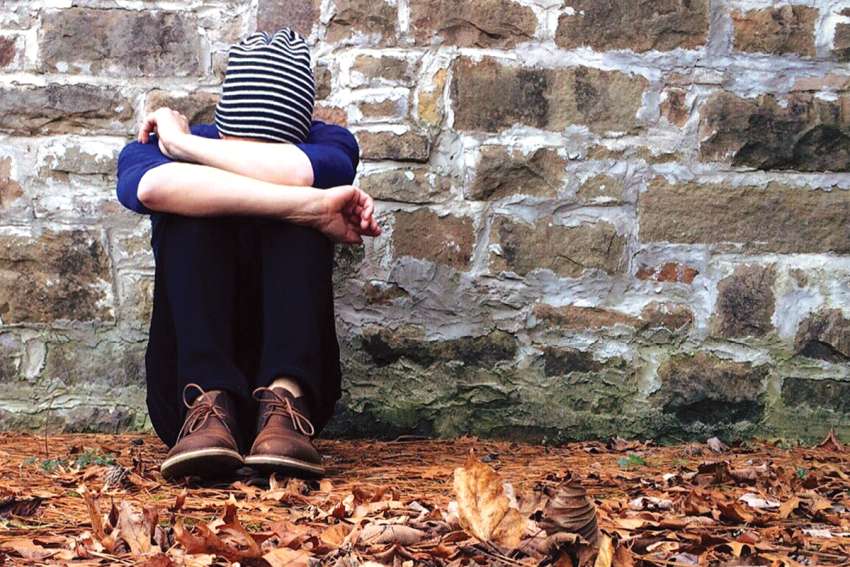It’s such a pervasive concern that, on Nov. 15, the World Health Organization (WHO) announced a commission created to study, and make recommendations to address, this condition. What is this grave threat to human health?
Loneliness.
“Given the profound health and societal consequences of loneliness and isolation, we have an obligation to make the same investments in rebuilding the social fabric of society that we have made in addressing other global health concerns, such as tobacco use, obesity and the addiction crisis,” U.S. Surgeon General Dr Vivek Murthy said when launching the new WHO Commission on Social Connection that he co-chairs.
“Social connection” includes such qualities as the number and variety of relationships, the frequency of interactions with others, how much others can be relied upon for meeting various needs and how positive, helpful or satisfying relationships and interactions are with others.
About a week later, the CBC interviewed Harvard Medical School lecturer and author Dr. Jeremy Nobel, who identified three broad categories of loneliness: psychological (“Is there someone I can confide in and tell my troubles to? Does someone have my back?”); societal (exclusion based on race, disability, gender and others); and spiritual (“where you wonder if your life has meaning”).
As people of faith and a Church, we must play an active role in addressing each of these categories and the Commission’s wider mission to “rebuild the social fabric of society.” Indeed, we’re called to confront our own loneliness, and be a welcoming presence to others, as we build community.
On the psychological front, a great place to start would be with the family. As Pope Francis said in a 2015 general audience address, “Families free us from the sea of loneliness and indifference, so that we can all experience the freedom of being children of God.”
It’s within the context of family where children learn how to trust, communicate their needs and meet others’ needs, among skills and experiences that enable them to build and sustain relationships. It’s vital to invest time and energy into creating and maintaining family relationships, including those that have soured over the years.
Particularly important is guiding young people to regulate their social media use. A Nov. 16 CBC report discusses research showing the more time children and teens use social media, the more pre-disposed they are to fight, argue, be impulsive and disrespect the rights of others, leading one researcher to call long-term social media use “a public health issue.”
These aggressive traits, the insecurity arising out of comparing one’s life to the idealized versions on social media, and the amount of screen time — a record high of 13 hours a day during the pandemic — that could have been spent on face-to-face experiences are among roadblocks that prevent youth and adults alike from developing healthy relationships, resulting in loneliness and isolation.
Beyond our immediate families, it’s important for us to live out Gospel values of loving others, caring about what they’re going through, reaching out, being a safe, non-judgmental space where people can turn to us for comfort, companionship and support.
It’s great when parishes create opportunities — social coffee/tea hours after Mass, Bible studies, support groups, fun activities — that enable people to connect with one another.
Christ has commanded us to love one another as we work towards achieving justice in society. We need to reach out to offer support to those who normally wouldn’t be in our social circles through such activities as volunteering in Out of the Cold or other programs.
Spiritually, we need to constantly strive to confront, and deal with, our own and others’ loneliness by studying Scripture, praying and reading.
Catholic theologian and priest Henri Nouwen has written many insightful books on loneliness, the source of loneliness, finding solitude and others. There are a number of resources on the internet to better understand, and address, our and others’ loneliness.
In an increasingly fragmented and turbulent world, let’s take the call seriously to reach out to others, build community and turn to Christ in bridging the gap of loneliness.
(Majtenyi is a public relations officer specializing in research at an Ontario university.)


